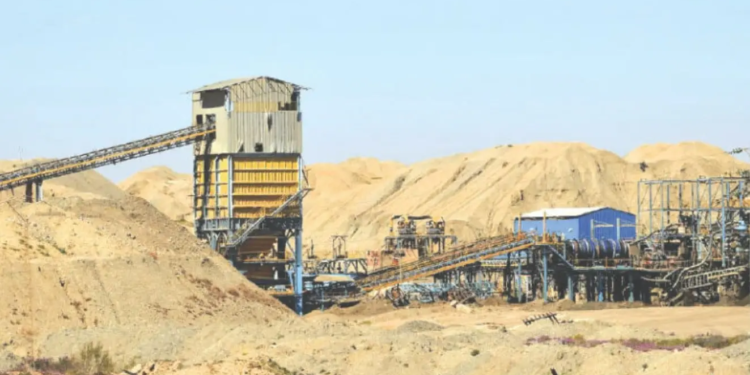The US Geological Survey has just published the final version of its list of minerals critical to the US economy and national security. Phosphate, previously absent from this category, is now included alongside other strategic resources. This decision reflects the recognition of the importance of phosphate, not only as an agricultural raw material but also as a key element for food and industrial security.
For the United States, this status makes it possible to support exploitation or processing projects, accelerate authorizations and open the way to international partnerships. On a global level, it sends a strong signal to the markets: suppliers meeting American standards are becoming more attractive and the management of phosphate flows could be re-evaluated.
Tunisia, as a major producer and exporter of phosphate, is directly concerned. This change creates both opportunities and challenges. The inclusion of phosphate on the American list means that the United States considers that any disruption in supply could have significant consequences. The country thus intends to secure its domestic production and imports by favoring reliable partners.
Indeed, for Tunisia, this development presents opportunities. American demand or demand linked to its sectors could increase, which would promote exports and could strengthen local added value. Anticipation of quality, traceability and environmental standards would offer a competitive advantage and make it possible to attract investments or technological partnerships.
However, risks exist. The United States could favor internal or exclusive suppliers, increasing competition. Increasing requirements for traceability and quality could generate additional costs. Global price fluctuations linked to this requalification could also affect Tunisian competitiveness.
The inclusion of phosphate on the American list of critical minerals marks a strategic turning point. For the United States, it is a measure of material sovereignty. For Tunisia, this is a double-edged opportunity: it offers growth prospects but requires rapid adaptation and a proactive strategy to remain a key player in the global sector.








